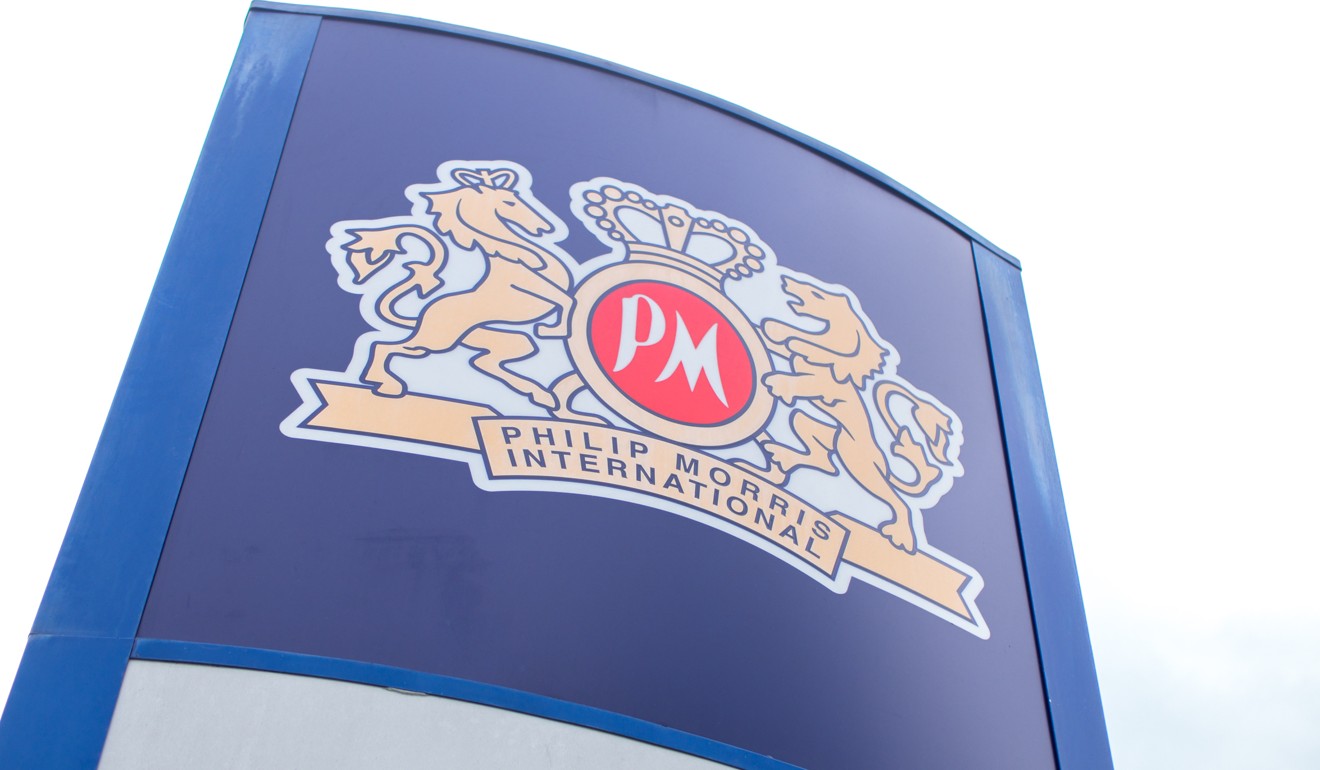
What are the chances of companies implementing a four-day working week in Hong Kong where long hours are a way of life?
- Globally, the ideas of a shorter work week is gaining ground, with companies that have instituted them showing a marked improvement in employee productivity
- In Hong Kong, cigarette maker Philip Morris’ 350 staff work 42 hours over four and a half days, compared to the city’s average of 55 hours per week
Hong Kong companies could be ripe for a change to a shorter work week, according to Brett Cooper, general manager of the Hong Kong office for Philip Morris International. The 350-person office, which oversees the highly lucrative Asia-Pacific region for the cigarette maker, works four and a half days a week, with most staff calling it quits by 1pm on Friday afternoon.
Philip Morris Hong Kong adopted the policy in 2015, just as Cooper, a 20-year company veteran, arrived from the London office. Normal working hours are any nine and a half hours between 7:30am and 7:30pm, Monday through Thursday, with any four hours between 7:30am and 1pm on Friday.
A measure to establish the number of hours in a standard work week in Hong Kong has been delayed for nearly a decade. The Labour Department has said that it may offer guidelines to the government about working hours in 2020.

Globally, the idea of shorter working hours, even a four-day week at the same pay, is gaining ground.
In August this year, Microsoft Japan adopted a four-day work week, claiming that productivity was raised by 40 per cent. As part of the programme, staff had to find ways to be more efficient, including capping meetings at 30 minutes and having no more than five people in a meeting.
Will Hong Kong’s problem with long working hours ever come to an end?
A spokesperson for Microsoft confirmed that the Japan office would again conduct a four-day work week trial this winter.
In Germany, a start-up called Digital Enabler instituted a five-hour work day in 2017 and founder Lasse Rheingans has no plans to change the policy. Employees clock in at 8am and leave at 1pm. Meetings are capped at 15 minutes and employees check their email just twice a day. Social media use is not allowed to reduce distractions.
“The five-hour workday is nothing you can switch on or off quickly, it needs to evolve within a team, and has to undergo constant evaluation. We keep learning,” said Rheingans.
A survey of small UK businesses operating on a four-day week by the University of Reading found that two-thirds reported improvements in staff productivity, thanks to improved well-being and fewer sick days.
[A] four-day working week can be just as productive as a five-day working week if managed in the right way as employees tend to be more motivated, focused and happy at work
The four-day work week has been promoted by New Zealanders Andrew Barnes and Charlotte Lockhart, who founded the 4 Day Week Global not-for-profit organisation to provide a platform for like-minded people who are interested in supporting the idea of a shorter week.
Barnes is also the founder of Perpetual Guardian, a legal and financial advisory firm, which has a four-day week. Lockhart said that most interest in the idea was coming from South Korea.
Philip Morris’ Cooper said that at the start of their short week policy, he and other senior managers had to make a show of leaving early on Friday, otherwise employees would simply wait for the bosses to leave. He claimed productivity has since gone up, and that employees could do things they did not have time to do before, such as picking kids up from school themselves.
“The bars around our office are pretty happy too,” Cooper said.

Ricky Mui, managing director of recruiting firm Robert Walters in Hong Kong, said that there were some instances of companies offering four-day working weeks, especially for returnees from maternity leave, where they need a bit more flexibility to balance their work and family life.
“In fact, their four-day working week can be just as productive as a five-day working week if managed in the right way as employees tend to be more motivated, focused and happy at work,” Mui said.
Cigarette companies have traditionally been highly profitable and are known for generous employee terms, and PMI admits in its own SEC filings that the company competes for digital and technical talent against companies that “enjoy greater social acceptance”.
Cooper admits that Philip Morris’ 4.5-day week in Hong Kong is not easily transferable to other offices in the region, such as Manila, where cigarette manufacturing takes place.
Cooper said the challenge for multinational companies is getting other offices in the region to adapt, and for local companies, the challenge is to get a traditional minded boss to agree.
He also declined to say whether Philip Morris Hong Kong would ever switch to a four-day week, though he described Fridays at the office as being quite relaxed, with no major meetings or events planned.
“I find Hong Kong is almost made for it [four-day week], actually,” said Cooper.

